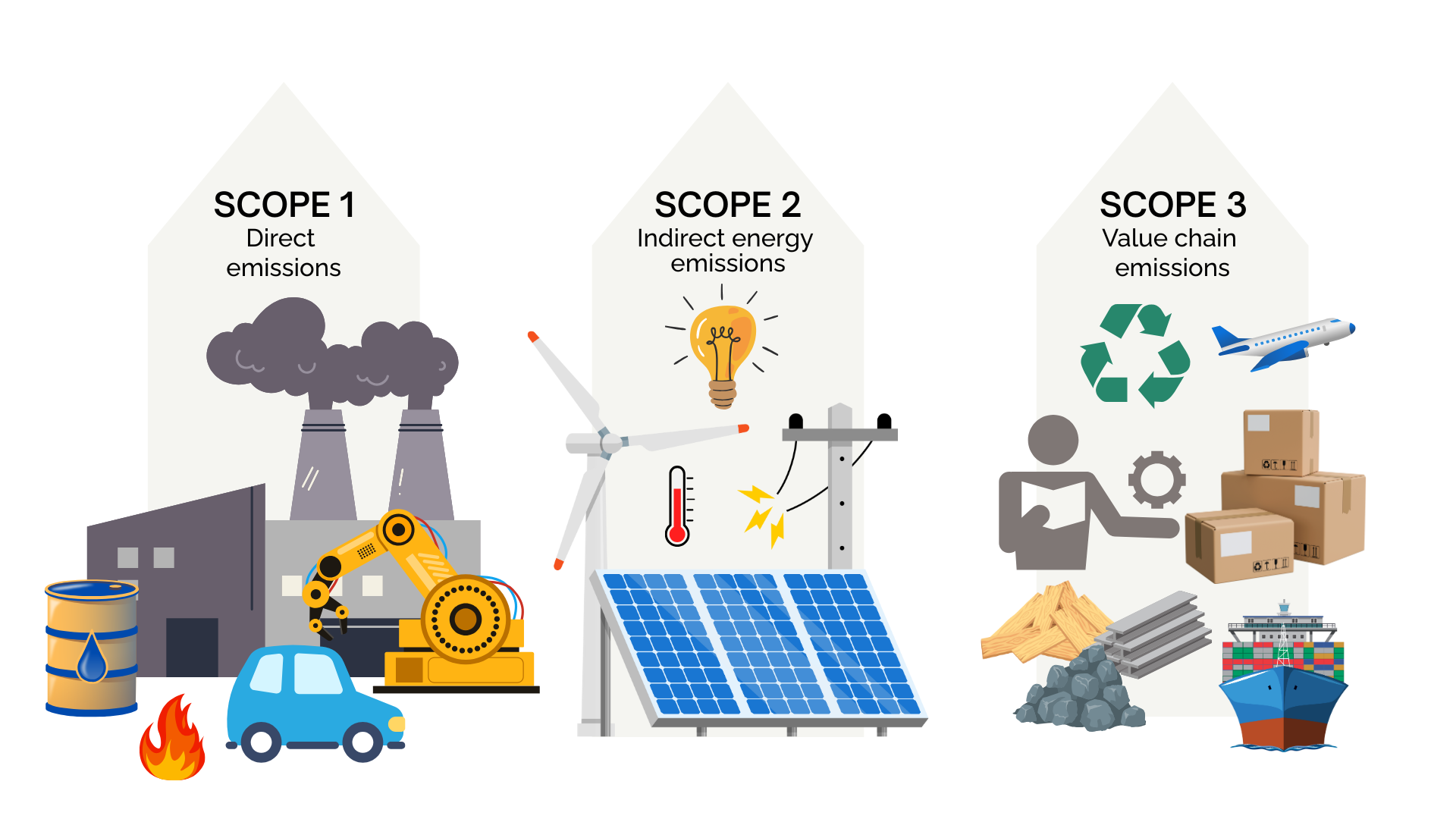Combustible versus electric cars in Belgium
by
Julia Jadin
on
⚡️Energy mix: In Belgium, an average electric vehicle (“EV”) emits 50% less CO2 than an average gasoline car over Its lifecycle. The story differs in France, where the cleaner energy mix reduces EV emissions by around 70%. It highlights the critical role of national energy policies in shaping the environmental impact of Evs (Via 2023; Carbone4 2022).
🌍Social considerations: Focusing solely on CO2 emissions doesn't paint the full picture. The mining of minerals for EV batteries, particularly cobalt and lithium, is fraught with social and environmental issues. These range from unsustainable extraction practices to ethical concerns about labor conditions in mining regions. This raises significant questions about the true 'green' nature of EVs and underscores the urgent need for more ethical and sustainable practices in battery production (Energy5 2023).
✨Recommendations: Last, electrifying our car fleet is not the ultimate answer. Prioritizing fewer journeys and increasing soft and shared mobility options emerges as a more impactful strategy for carbon footprint reduction. Sustainable mobility is about more than just switching fuel sources; it is about rethinking our travel habits for a healthier planet (Ruyssen, A 2023).
💡Conclusion: While electric vehicles in Belgium offer a significant reduction in emissions compared to gasoline cars, it differs for each country because of different energy mixes. Also, we must not overlook the social implications of battery production. Ultimately, the most sustainable approach combines reducing the number of journeys with an increased focus on shared and soft mobility.
#AJ pour l’environnement, repense ta mobilité 🌱🚃🚅🚶♀️🌱



